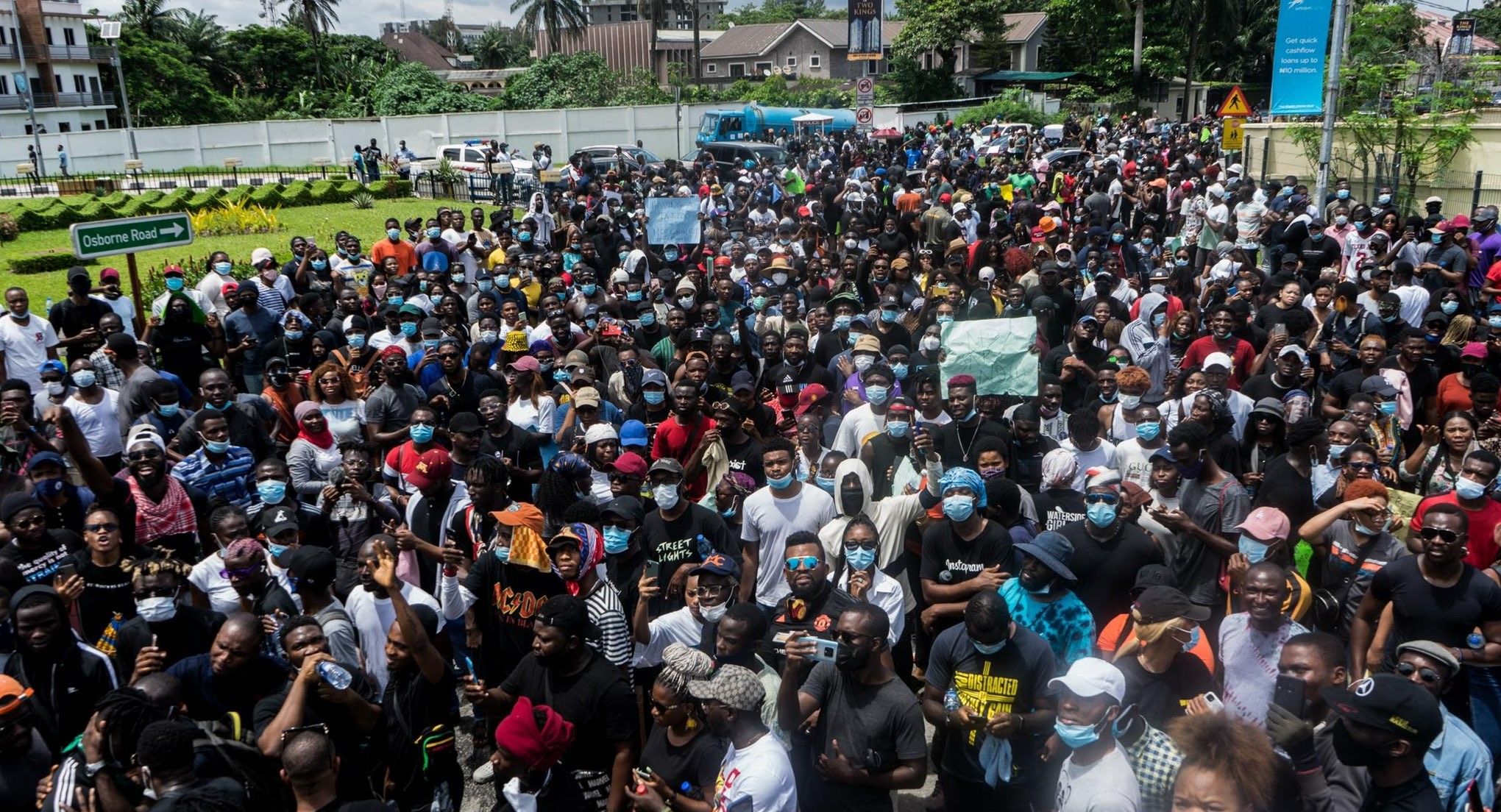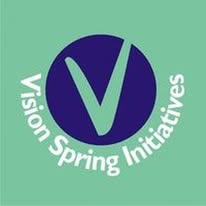WHAT IS THE CIVIC SPACE?
Civic space represents a wide range of organized and organic groups including non-governmental organizations (NGOs), trade unions, social movements, grassroots organizations, online networks and communities, and faith groups (VanDyck, 2017; WEF, 2013). Historically, the civic space in Nigeria evolved organically with citizens focusing on issues of human rights, accountability, and gender justice. There is limited understanding of what constitutes civic space with many seeing civic space as only formal organized groups like Non-governmental organizations registered and engaged in providing services while advocating for laws and policies. Over the years, however, civic space has evolved, with formal and informal organizations and groups applying a combination of passion-driven, technology and innovative solutions to dealing with societal needs and challenges. There are clear advantages and disadvantages to this trend. One such advantage is the diversity we are beginning to see in the space, however, a disadvantage is an opportunity it provides for civic spaces to be infiltrated and controlled by other actors – particularly actors who are against the desired change e.g. Government. The other is the likelihood of civic spaces becoming less connected to those who need them the most. Another major challenge is apathy among citizens to engage with duty-bearers and the relevant processes of government – processes such as budget, fair taxation, fiscal accountability, and social protection. The Civic Space in Nigeria has been categorized as repressed according to the 2 CIVICUS 2019 Monitor.
THE SHRINKING CIVIC SPACE.
The Shrinking Civic Space can be summarized as the freedom to exercise three interdependent rights: freedom of assembly and association, and freedom of expression. Shrinking space is characterized by state-sponsored or non-state actors’ restrictions on these fundamental rights. Shrinking (civic) space is the most frequently used term to capture the process of increasing restrictions on civil society. Shrinking space describes a situation of increasing criminalization and bureaucratization of human rights work, aiming to make life difficult for activists and civil society organizations, and preventing them from carrying out their work. Sometimes freedom of association and assembly are directly restricted but authorities can also use alternative legislation to harass human rights defenders. Countries copy legislation and practices from each other. Human rights defenders find themselves forced to use human and financial resources to counter harassment rather than to carry on with their work. Public defamation campaigns and prosecutions aimed at discrediting activists and organizations cause long-lasting damage to the public image of human rights defenders. It also leads to self-censorship – activists become cautious about what they say and do.
Most countries with severe restrictions on civil society are societies that are witnessing high levels of militarization, a greater focus on political and nationalistic security, as well as growing social conservatism. The civic space, as the oxygen for people’s voices, and a vital prerequisite for a rights-based approach to development, is currently shrinking on a global scale. People in many countries around the world face serious restrictions and repression when exercising their basic rights. This includes citizens who raise their voices against corruption and political dysfunction, organizations that save lives and provide basic services to people in need, communities that defend their sustainable livelihoods and demand a fair share of natural resources, and activists who fight for gender justice. In 109 countries, civic space is closed, repressed, or obstructed and only 4% of the world’s population lives in countries with open civic space.

CHARACTERISTICS OF SHRINKING CIVIC SPACE
Gendered Implications
The gendered implications on the other hand means that women, young women, LGBTQI, youth groups,
grassroot groups, labor unions, farmers groups, groups focused on gender issues such as sexual and
gender-based violence (SGBV), women’s rights are often adversely disproportionately affected. Activists
and organizations have noted an increasing backlash against the feminist’s movement, many have been
engaged in addressing the fundamentally difficult issues on women’s bodily autonomy
Limiting the ability of civil society organisations to receive international funding.
Several countries have introduced laws forbidding or making heavy restrictions on civil society organisations to accept foreign funding. These laws also undermine the public’s trust in them by implying that they are acting as “foreign agents”. In Nigeria, the attempt to regulate NGOs has gained momentum after criticism of a Bill. The Bill’s long title seeks to provide for the establishment of a Non-Governmental Regulatory Commission for the supervision, coordination, and monitoring of Non-Governmental Organisations, Civil Society Organisations, and related matters. From the provisions of the Bill, the objective of the proposed Commission is to ensure the transparency and accountability of NGOs under the law.
Under the Bill, NGOs are described as “private voluntary organisation of individuals or associations not operated for profit or other commercial purposes but which have organised themselves nationally or internationally for the promotion of social welfare, development, charity or research through mobilization of resources”. However, Civil Society Organisations (CSOs) are not defined despite being mentioned in their long title and provisions. Between 2014 and 2016, more than sixty countries used legislation to restrict civil society’s ability to access funding.
Decreasing space for online activism
In Nigeria, the depth of information shared and received through technology shows how citizens creatively use online platforms to push boundaries on issues considered sensitive or contentious. Technology in many ways enables a wider reach and inclusion of young people and women. Yet, the space is also quite limiting as governments monitor, track and even attack citizens via such platforms.
Domestic laws regulating the activities of civil society organisations, such as imposing extra registration, and regulating licensing, reporting, and accounting.
The introduction of new laws demanding complicated procedures for registering, obtaining permission to implement projects, or something as simple as registering an address change, has proven an effective way of shutting down civil society organisations. The amount of administrative work, and occasional high fees, hits smaller civil society organisations particularly hard. Adapting to these new laws takes time from the core work of the organisations. Financial inspections by state authorities are another common way to exert power and to harass and make work difficult for civil society organisations. Such inspections may of course be legitimate at times, but too often they are a means of intimidation, trying to show who is in control.
Intimidation and violent attacks against civil society by religious conservatives or the far right.
In conservative countries where religious communities exert a strong influence on societies, attacks on the LGBTQI population and women activists defending the right to abortion are all too frequent. In a post-war context, far-right groups often target activists who discuss atrocities committed by their nation or those who meet activists from the other side of a conflict. Attacks by non-state actors often go unpunished by the state. By choosing not to react to such attacks, the state legitimizes them.
Limited possibilities to attend international meetings.
Some years ago, it was quite easy for human rights defenders to travel abroad, today authoritarian regimes are increasingly trying to protect their reputation by preventing outspoken human rights activists from attending international meetings. These limited possibilities can manifest themselves as travel bans, or in more subtle ways when passports are claimed to be stolen or visas are claimed to be false. Several well-known human rights defenders have been targeted by slander campaigns upon their return or arrested. Even the mere threat of being confronted with a complete travel ban, when trying to attend an international meeting, makes many activists think twice before travelling.
Self-censorship.
Since organizations that are challenging the government are the ones most likely to be targeted by repression, they often use self-censorship as a strategy to enable them to work under the radar. Activists testify that they tone down their criticism or use different wordings to be able to continue to do their work. There are also examples of women human rights defenders choosing not to talk at all about their work as means of protecting themselves.
